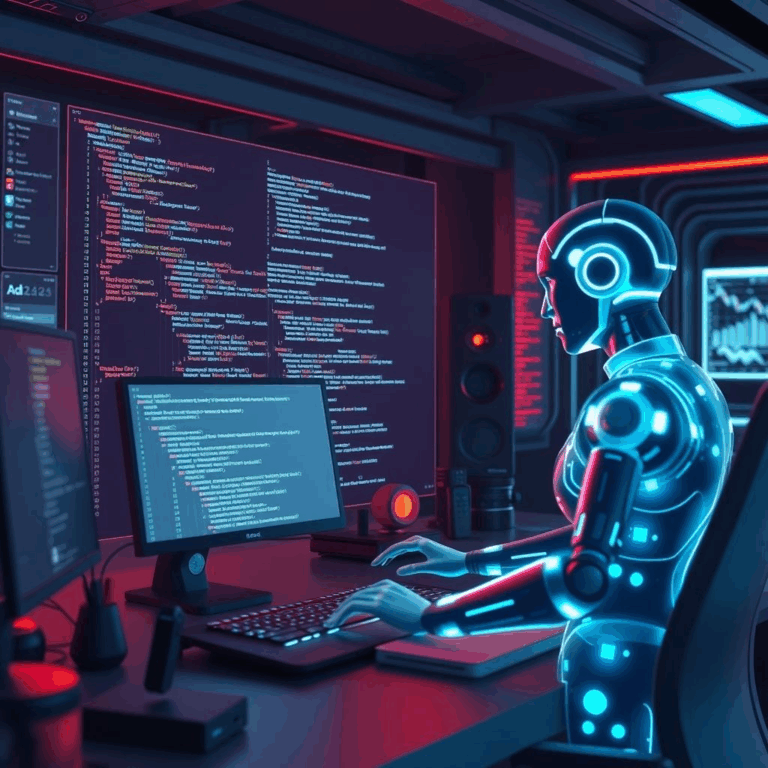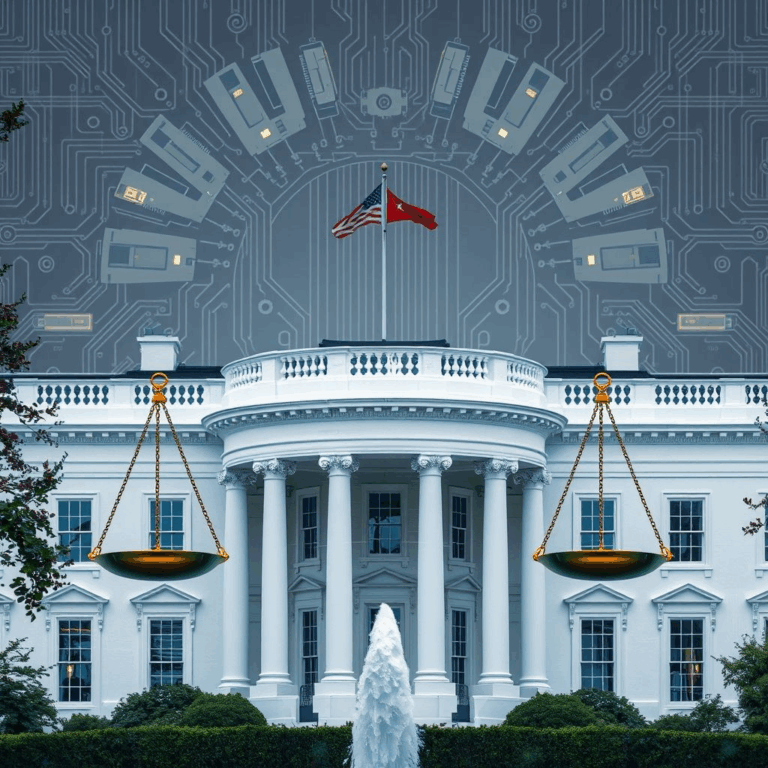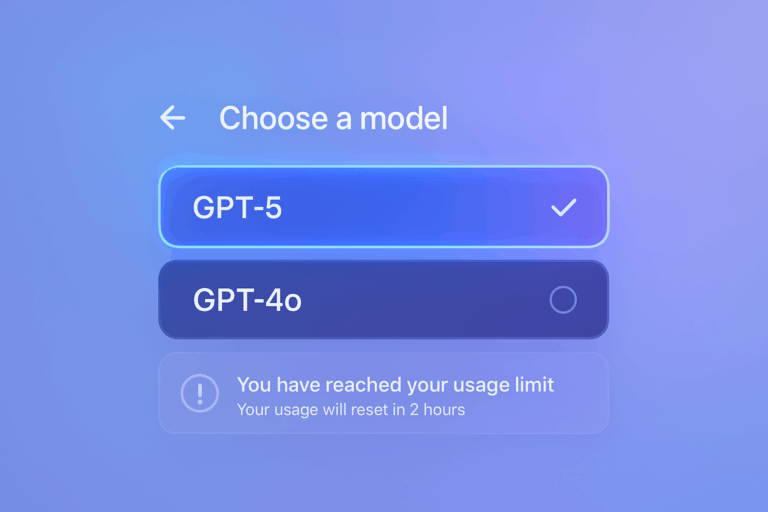Introduction: AI Meets the Cybersecurity Battlefield
In the rapidly evolving world of digital defense, one fact is undeniable: cybersecurity is under siege. The rise of AI-powered attacks, from deepfake-enabled phishing scams to adaptive ransomware, has overwhelmed security teams across industries. At the same time, organizations face an unprecedented talent shortage—with millions of cybersecurity jobs left unfilled worldwide.
Against this backdrop, Sophos has stepped forward with significant updates to its AI Assistant, an artificial intelligence-powered system designed to augment security professionals in identifying, analyzing, and mitigating cyber threats. Announced on September 9, 2025, the enhancements elevate Sophos’ AI Assistant into a more autonomous, intelligent, and context-aware partner in digital defense.
This article explores what the upgrade means, why it matters, and how it could redefine the future of AI-driven cybersecurity.
The Cybersecurity Crisis of 2025
Before diving into Sophos’ solution, it’s important to understand the landscape it enters.
- Ransomware Damage: Global ransomware costs are projected to exceed $30 billion in 2025, a sharp increase from $20 billion in 2022.
- AI-Powered Attacks: Threat actors are increasingly using AI tools to generate malware variants, design phishing emails indistinguishable from real communication, and automate large-scale intrusions.
- Talent Shortage: The world faces a deficit of 3.5 million cybersecurity professionals, according to Cybersecurity Ventures. This shortage leaves many organizations under-protected.
- Data Breaches: High-profile breaches, such as those impacting healthcare systems and financial institutions, now occur at a rate of nearly one every 39 seconds, according to the University of Maryland.
In short, defenders are being outpaced. AI is not optional anymore—it’s essential.
Sophos’ AI Assistant: From Support Tool to Digital Security Partner
Sophos initially introduced its AI Assistant as a tool to help triage alerts, analyze threats, and recommend next steps. The 2025 update fundamentally transforms its role, positioning the Assistant as an active partner in defense operations.
Key enhancements include:
1. Guided Workflows for Case Resolution
The AI Assistant now provides step-by-step guidance for handling cybersecurity incidents. For example:
- A suspected phishing attack triggers an automated investigation path.
- The Assistant suggests containment actions (quarantining emails, disabling compromised accounts).
- It provides templates for team communication and regulatory compliance reporting.
This structured guidance reduces errors and speeds up resolution times, particularly for smaller IT teams with limited expertise.
2. MDR-Grade Expertise Built In
Sophos’ Managed Detection and Response (MDR) service has long been considered a gold standard in proactive defense. With this update, MDR insights are embedded into the AI Assistant itself, giving users the equivalent of enterprise-level expertise—without paying for a full external service.
This feature democratizes access to elite cybersecurity knowledge.
3. Advanced Threat Triage
One of the biggest challenges in cybersecurity is the flood of false positives. Many security teams waste valuable time chasing alerts that pose no real threat.
The enhanced AI Assistant uses machine learning to classify alerts more accurately, prioritizing high-risk threats while filtering out noise. Early adopters report up to a 40% reduction in wasted analyst hours.
4. Real-Time Investigation Capabilities
The Assistant can now autonomously pull logs, correlate threat indicators, and even run simulated attack paths to predict what an attacker might do next.
For example, if ransomware is detected in one system, the AI can analyze lateral movement risks across the entire network, recommending pre-emptive containment actions.
5. Scalable for All Businesses
From small businesses to global enterprises, the AI Assistant adapts to different environments. It can integrate with cloud systems, hybrid networks, and on-premises infrastructure, ensuring scalability.
Expert Reactions: Analysts Weigh In
Industry experts have praised Sophos’ move as a timely and strategic response to the AI arms race between attackers and defenders.
Lisa McKee, Gartner Analyst:
“We’re entering an age where cybercriminals deploy AI to outsmart defenses. The only effective counter is AI that’s equally smart and proactive. Sophos’ integration of MDR expertise into its AI Assistant is a game-changer, leveling the playing field.”
Patrick Ward, CISO of a Fortune 500 company:
“The shortage of skilled cybersecurity professionals is our single biggest challenge. An AI Assistant that can triage, investigate, and even draft response steps is invaluable. This doesn’t replace humans—it empowers them.”
Case Studies: How Sophos AI Assistant Could Be Used
To illustrate the practical implications, let’s examine three scenarios where Sophos’ AI Assistant could make a difference.
Case Study 1: Healthcare Ransomware Attack
A mid-sized hospital detects unusual activity in its patient data system. Traditionally, a small IT team might take hours to investigate. With the AI Assistant:
- The threat is classified as ransomware-in-progress.
- Immediate containment actions are recommended: isolating affected machines, alerting administrators, and securing backups.
- The Assistant generates a HIPAA-compliant breach notification draft.
Time to resolution is reduced from hours to minutes, potentially saving lives in critical care systems.
Case Study 2: Small Business Phishing Campaign
A small retail company receives hundreds of phishing emails. Without advanced defense, employees may click links, compromising the system. With Sophos AI Assistant:
- Suspicious emails are flagged and quarantined.
- The system provides a training module for employees to recognize similar attacks.
- False positives are filtered out, avoiding productivity disruptions.
Case Study 3: Enterprise-Level Supply Chain Attack
A multinational corporation faces a sophisticated supply chain intrusion attempt. The AI Assistant:
- Correlates threat data across subsidiaries.
- Suggests coordinated containment measures.
- Provides executives with an impact report for investors and regulators.
The Competitive Landscape
Sophos isn’t the only player enhancing AI cybersecurity solutions. CrowdStrike, Palo Alto Networks, SentinelOne, and Microsoft Defender all integrate AI features. However, Sophos’ unique advantage lies in:
- MDR Integration: Unlike rivals, Sophos directly integrates MDR best practices into the AI Assistant.
- Accessibility: Sophos aims to make enterprise-level defense available to SMBs, a market often neglected.
- Simplicity: Its guided workflows make it approachable even for teams without dedicated SOCs.
The Future of AI in Cybersecurity
Where does this go from here? Several trends suggest what’s next:
- Conversational Security Operations Centers (SOC)
Within 2–3 years, security professionals may interact with AI in natural language:
- “Investigate yesterday’s phishing campaign.”
- “Patch all known vulnerabilities in the finance department.”
Sophos has hinted at such chat-based SOC interfaces.
- Predictive AI Defense
Future AI Assistants won’t just react—they’ll predict attacks before they occur using threat intelligence fused with global telemetry. - Autonomous Response
By 2030, experts predict AI systems may autonomously neutralize threats without waiting for human confirmation—controversial, but potentially necessary.
Business and Regulatory Implications
The adoption of AI-driven cybersecurity also raises broader issues:
- Insurance: Cyber insurers may require AI-powered defenses as part of policy compliance.
- Regulation: Governments may mandate AI monitoring for critical infrastructure.
- Ethics: How much autonomy should AI have in defense? Could it take down legitimate traffic in the name of security?
Sophos’ current approach balances these concerns by keeping humans in the loop, but the debate will intensify as AI grows more capable.
Conclusion: A Necessary Evolution
The cybersecurity landscape of 2025 is stark—attackers are innovating faster than defenders can keep up. Sophos’ enhanced AI Assistant represents not just a product update, but a strategic evolution in how organizations will protect themselves in the AI era.
By combining guided workflows, MDR-grade expertise, and scalable triage capabilities, Sophos positions itself as a leader in the AI-driven defense revolution.
As businesses, governments, and everyday users navigate the digital frontier, the message is clear: cybersecurity without AI is no longer enough.







